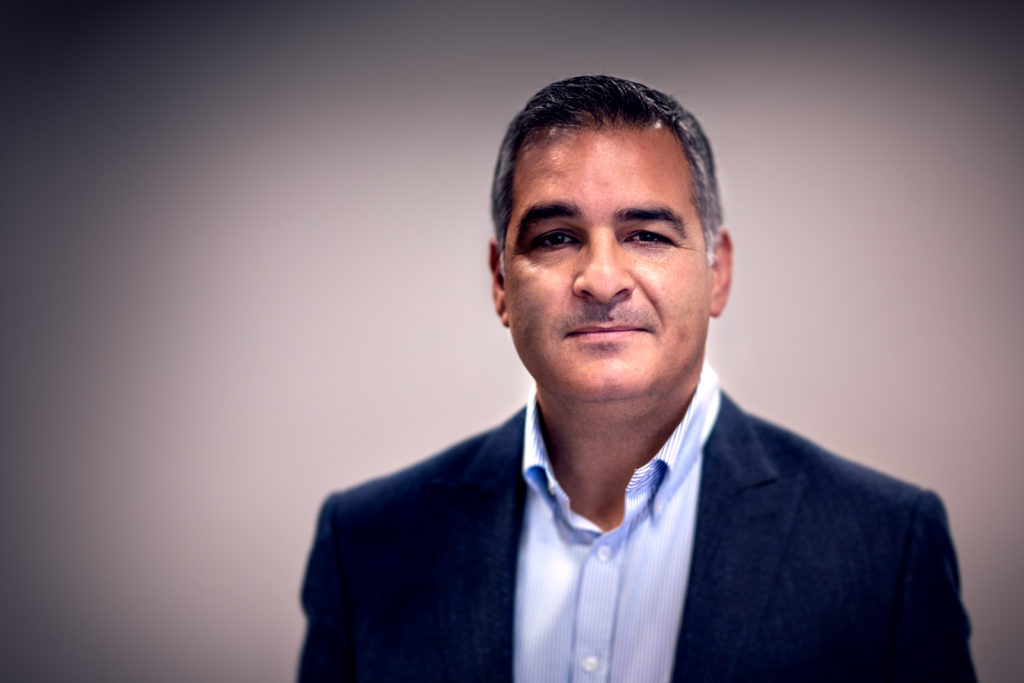
Autism research should be based on individual strengths
By: Dr. Stelios Georgiades
Co-Director, McMaster Autism Research Team (MacART)
Scientist, Offord Centre for Child Studies
Assistant Professor, Psychiatry and Behavioural Neurosciences, McMaster University
Autism is challenging and complex. It impacts different aspects of life in different ways. It changes throughout development and over time. It touches no two people the same.
However, traditional research approaches to autism tend to “lump” children into large groups based on their symptoms and behaviours at any given point in time. These approaches are too simplistic and don’t capture the complexity and diversity we see across the spectrum and the lifespan. Bottom line – much of our research efforts to date have had limited success in advancing autism care.
We hope to inform the development of more individualized and adaptive, family-centred services and supports.
In my opinion, autism is about diverse perspectives and how these are communicated. How do children with autism see the world? How do they see themselves in the world? How does the world see them? These perspectives shape how each child interacts differently with their family, peers, teachers, care providers, and community. If we can better understand these interactions and the perspectives that influence them, we can help support the child along the most appropriate developmental path.
So, my colleagues and I at the McMaster Autism Research Team (MacART) and the Offord Centre for Child Studies are exploring autism using a strengths-based approach to understand how children grow and develop within their surroundings. Ultimately, we hope to inform the development of more individualized and adaptive, family-centred services and supports.
Our new Pediatric Autism Research Collaborative (PARC) project is embedded within the autism clinic at the Ron Joyce Children’s Health Centre of McMaster Children’s Hospital. Our research team is working alongside clinicians to gain a better understanding of which services, or combinations of services, contribute to healthier outcomes for children with autism. Of course, there is no one answer for this, so we’re hoping to find some positive trends that can help parents and care teams navigate the system effectively for each child.
An optimal outcome should be based on each child’s personal characteristics and individual growth over time.
As autism researchers, we’re not striving for a single discovery. Instead, we aim to ensure that every child with autism has an “optimal outcome”. But first, we want to re-define what that means.
In my 15 years as an autism researcher, I have had the opportunity to work with some of the world’s best clinicians and scientists. But, the most valuable lessons I’ve learned are from my interactions with children with autism and their families. Based on this, my team and I believe that an optimal outcome should be based on each child’s personal characteristics and individual growth over time, within a system of care that adapts to their changing needs. That’s the vision we’re working toward.
